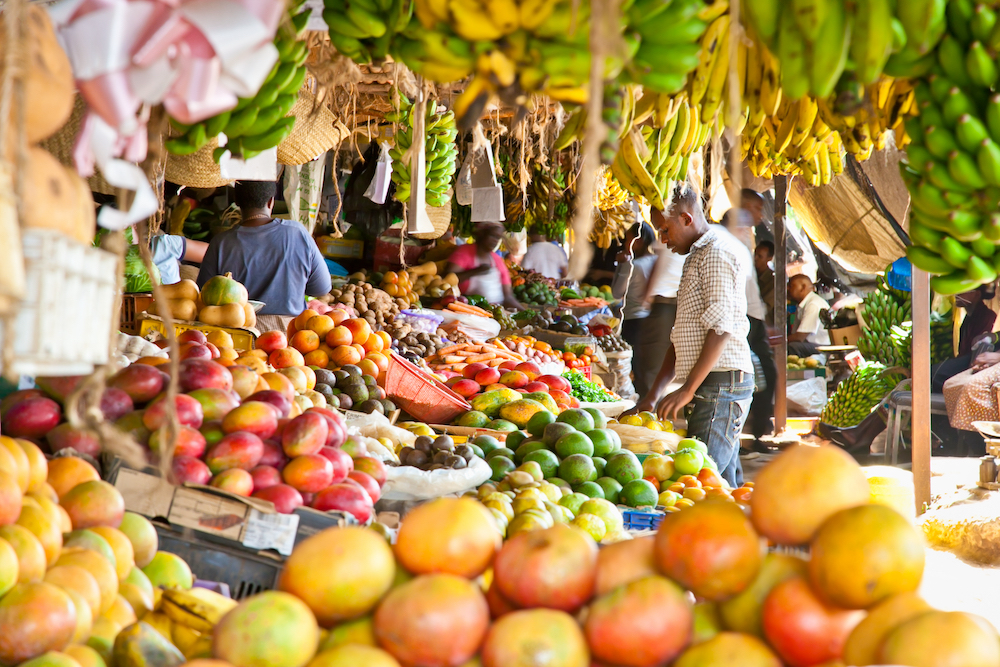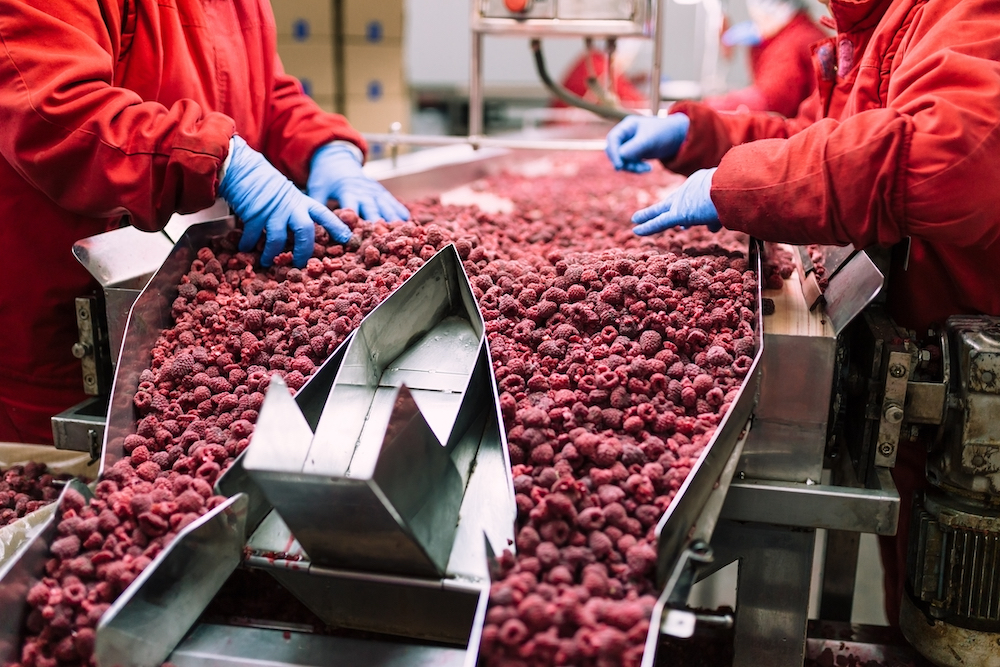Transforming food systems requires futures thinking
Fundamental changes are needed in how food is consumed and produced – for human and planetary health and for equitable economic development. This requires thinking about the future of our food system. What will be the possible consequences of decisions taken or not taken? What future risks and opportunities may be faced? How can food systems actors be nudged to deliver more desirable outcomes in the future?


Increasing turbulence and uncertainty call for enhancing the resilience of food systems. New approaches are needed to enhance the resilience of food system to cope with future stresses, shocks and extreme events. Scenario analysis can help by exploring key trends and critical uncertainties in food systems and enabling better preparation for a range of different future events, risks and circumstances.
Understanding ‘food systems’ is the start for foresight and scenario analysis. A food system encompasses all activities needed for food to end up on people’s plates. Food systems need to deliver on three key outcomes: food and nutrition security, economic and social well-being, and environmental sustainability. Food systems involve an interconnected set of value chains, from production to consumption, a range of supporting services, and an institutional environment of formal and informal norms and rules, mindsets, and power relations. How food systems evolve over time is influenced by a set of drivers and feedback loops, both internal and external to the system.

Foresight and scenario analysis supports the societal understanding, learning, and innovation needed for food systems transformation. The future emerges and evolves from how different stakeholders think about the future and the ambitions and goals they aspire towards. Exploring different scenarios assists decision-makers in four key ways:
- Being better prepared for a range of different situations to be faced in the future;
- Helping to create the understanding, vision, and ambitions needed to steer towards more desirable futures and away from less desirable ones;
- Providing a basis for assessing a range of different options and pathways for realizing policy objectives;
- ‘Stress testing’ how effective different policy, strategy, and investment options might be in different scenarios.
To guide the use of foresight for food systems change, the Foresight4Food initiative has developed a food systems model and an overall foresight framework. The framework has a seven-step process, with an emphasis on participatory stakeholder engagement supported by a strong evidence base. Each step has a set of participatory and analytical tools. Read more about our approach in the Foresight4Food Briefing Paper.
